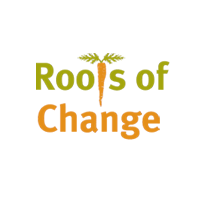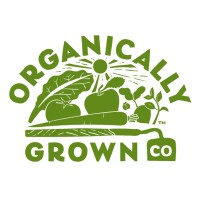Over the course of our 5-year project, we will improve soil health by funding climate-smart practice adoption and implementation, measure and model the climate impacts of adopting those practices, and expand market demand of climate-smart commodities for producers in the Northeast, Mountain West, and Western United States.
We are:
- Enrolling hundreds of Farm Projects, 40% of which are owned or operated by underserved farmers or ranchers.
- Beginning or deepening partnerships with at least 20 purchasers, amounting to growth in regenerative commodity procurement in key US markets.
- Deploying over $15 million of federal funds in transition finance for on-farm services.






















